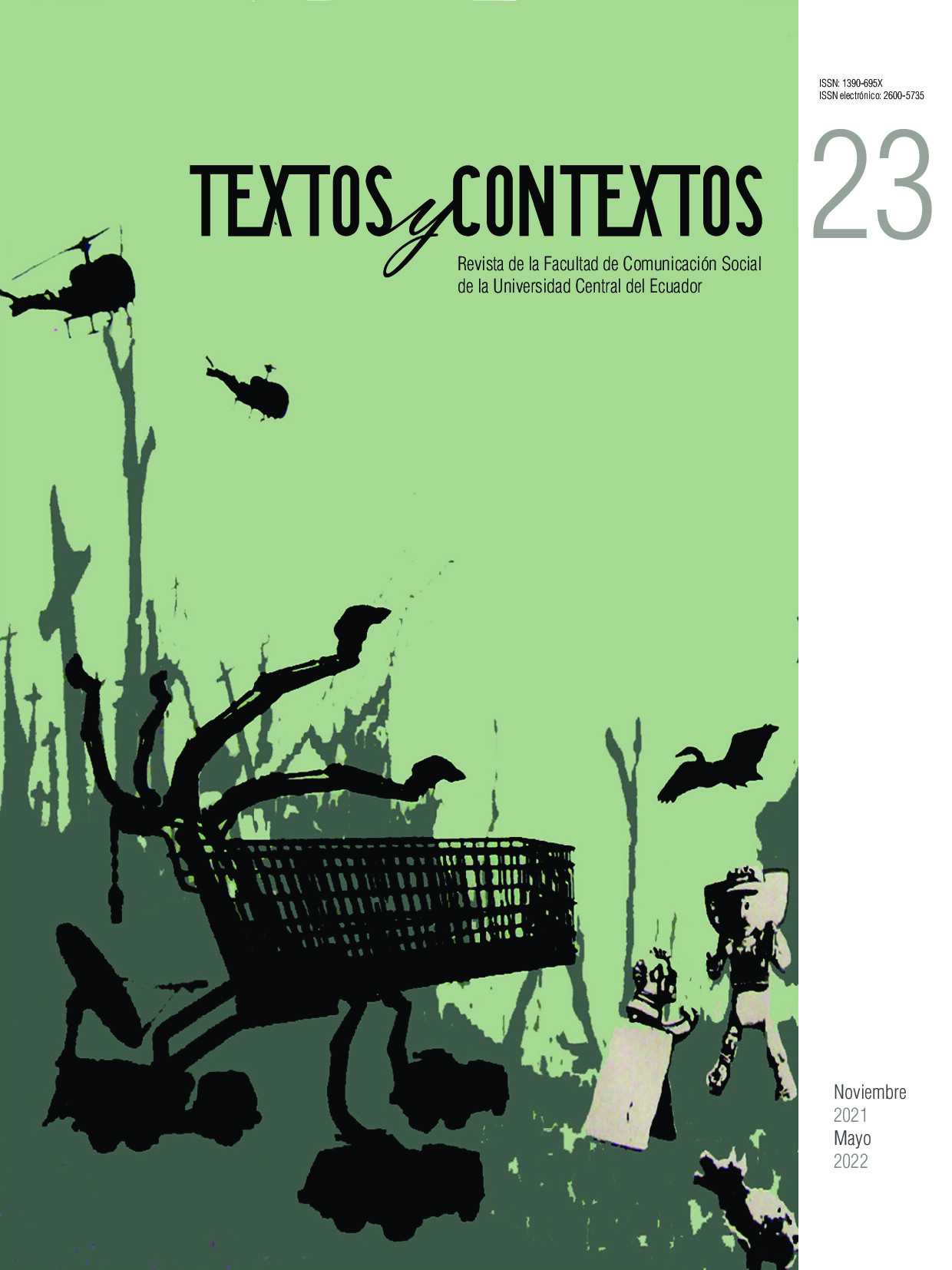«Things in their place»: biopolitical reflections on the neoliberal design of Buenos Aires 30 years after the publication of «Deserve the City»
Main Article Content
Abstract
This paper proposes to make an analysis of neoliberal reforms programmed during the last Argentine military dictatorship for Buenos Aires. To do this, the classic study by Oscar Oszlak in Deserve the city, published 30 years ago, is taken up with the aim of rereading it in a biopolitical key, taken the perspective of the analyzes that Foucault carried out in a contemporary way to those urban and social reform programs designed and implemented in Buenos Aires by the municipal dictatorial government. In this sense, this paper proposes to distinguish between the sovereign power to make die and let live, exercised by the national executive power (section I) and the biopower to make live and abandon to death, designed by the municipal executive power of Buenos Aires (section II). The goal is to show how they powers functioned together and coordinated as a true division of labor of the dictatorial government in their attempt to implant the neoliberal regime in Argentine.
Downloads
Metrics
Article Details

This work is licensed under a Creative Commons Attribution-NonCommercial 4.0 International License.
References
Agamben, G. (2002). Homo sacer I. El poder soberano y la nuda vida. Editora Nacional de Madrid.
Belmartino, S. (2005). Crisis y reformulación de las política sociales. En J. Suriano (Ed.), Nueva historia Argentina, tomo X: Dictadura y democracia (1976-2001) (pp. 225-280). Editorial Sudamericana.
Blengino, L. (2018). El pensamiento político de Michel Foucault. G. Escolar (ed.).
Foucault, M. (2000). Historia de la sexualidad I: la voluntad de saber. Siglo XX editores.
Foucault, M. (2006). Seguridad, territorio, población. Fondo de Cultura Económica.
Foucault, M. (2007). Nacimiento de la biopolítica. Fondo de Cultura Económica.
Lorca, J. (2009, 11 de enero). A los que hablábamos del Estado nos decían atrasados. Entrevista a Guillermo O’Donnell. Página|12. https://www.pagina12.com.ar/diario/elpais/1-117989-2009-01-11.html
Municipalidad de Buenos Aires. (s. f.). Hacia una ciudad mejor. Código de Planeamiento Urbano. Gráfica del Plata. https://bdu.siu.edu.ar/prod/registroalldata.php?db=uade&mfn=3671
Novaro, M. y Palermo, V. (2003). La dictadura militar 1976-1983. Del golpe de Estado a la restauración democrática. Paidós.
Oszlak, O. (1991). Merecer la ciudad. Los pobres y el derecho al espacio urbano. Hvmanitas-Cedes.
Pirez, P. (1994). Buenos Aires metropolitana. Política y gestión de la ciudad. Centro Editor de América Latina.
Pierbattisti, D. (2007). Me¬ca¬nis¬mos dis¬ci¬pli¬na¬rios, dis¬po¬si¬ti¬vos de po¬der y neo¬li¬be¬ra¬lis-mo: for¬mas de in¬ter¬ven¬ción so¬bre la fuer¬za de tra¬ba¬jo. Revista Herramientas, (34), https://herramienta.com.ar/articulo.php?id=448
Quiroga, H. (2005). El tiempo del ‘Proceso’. En J. Suriano (ed.). Nueva historia Argentina, tomo X: Dictadura y democracia (1976-2001) (pp. 33-86). Editorial Sudamericana.
Suriano, J. (2005). Introducción: una Argentina diferente. En J. Suriano (ed.), Nueva historia Argentina, tomo X: Dictadura y democracia (1976-2001) (pp. 11-31). Editorial Sudamericana.
Torres, H. (1993). El mapa social de Buenos Aires (1940-1990). Serie Difusión N.° 3, SI/FADU/UBA.




